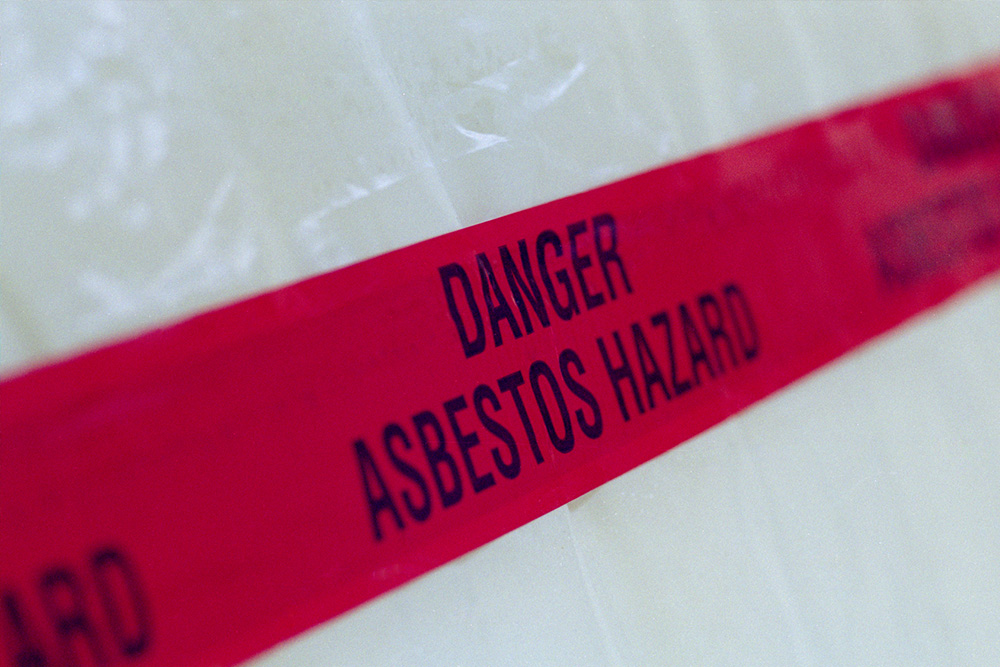
Drug manufacturers hid the truth about the dangerous side effects of opioids in misleading advertisements. Now we know opioids could cause birth defects, and victims are turning to opioid attorneys to hold the corporations responsible.
Even though advertisements claimed that opioids are safe for long-term use, drug manufacturers prioritized profits by downplaying the now well-known dangerous side effects, including opioids’ highly addictive nature. Their strategy resulted in a misinformed public and an epidemic of prescription opioid use. But the opioid crisis doesn’t just affect those prescribed the drug, especially if the patient is a pregnant woman. The drug also affects their babies. Researchers found a connection between women who use opioid painkillers before or during pregnancy and birth defects in their children. These recent stories show the connection between opioids and birth defects.
New Study Links Prenatal Opioid Use and Birth Defects
Opioid treatment during pregnancy can have long term effects for both the mother and growing fetus according to a study. Yet, 2% to 3% of mothers reported that they received treatment with opioid painkillers before or during pregnancy. The mothers used opioids as a result of surgical procedures, infections, chronic diseases, injuries, and other various reasons. To convince doctors of the drug’s safety, manufacturers focused on the benefits but ignored the dangerous side effects of opioids.
Opioids, Birth Defects, and Fetal Health
Birth defects caused by opioid use, specifically synthetic opioids, continues to increase at an alarming rate. The American Medical Association (AMA) reported that from 2013 to 2014, the number of deaths related to synthetic opioids rose 80% compared to the 9% increase for non-synthetic opioids. Opioid prescriptions have benefits but also pose risks to expecting mothers. Even when prescribed by a doctor, opioid painkillers may cause birth defects when used before or during pregnancy.
Gastroschisis Trends and Ecologic Link to Opioid Prescription Rates (U.S., 2006-2015)
Gastroschisis is a birth defect in the abdominal wall, causing the child to be born with some abdominal organs outside the body. A CDC study included a comparison between the incidence of gastroschisis and opioid prescription rates and found a higher gastroschisis prevalence in areas with high and medium opioid prescription rates. Results from the study suggest that self-reported prescription opioid use in the first trimester was associated with gastroschisis. And the association between opioid prescription rates and gastroschisis seem to be more distinct in mothers who are 25 and older.
Opioid Medications Linked to Birth Defects
Opioids, commonly misspelled as “opiods,” are pain management medications made either from an opium plant or synthesized in a lab. They relax the body by activating opioid receptors and can disrupt the natural release of endorphins. Therefore, opioids are highly addictive, even when used for a short period of time. Opioid treatment was originally limited to traumatic injuries and terminal cancer. However, drug manufacturers decided to capitalize on patients with long-term, chronic pain without informing them of the drug’s highly addictive nature. There are three major categories of opioids: non-synthetic, synthetic, and semi-synthetic. Within these categories, there are multiple prescription opioids, such as:
- Fentanyl (Duragesic®)
- Hydrocodone (Vicodin®)
- Meperidine (Demerol®)
- Oxycodone (Oxycontin®, Percocet®)
- Oxymorphone (Opana®)
Opioids can cross the placenta and enter the fetal central nervous system, putting the fetus at risk for birth defects. Since these painkillers relax the body and alter the natural release of the body’s endorphins, they risk the health of the mother and baby. Opioid use either prior to pregnancy or while pregnant can cause various birth defects, including:
- Spina bifida (a type of neural tube defect)
- Hydrocephaly (buildup of fluid in the brain)
- Glaucoma
- Gastroschisis (defect in the abdominal wall)
- Congenital heart defects
Although opioids can be very effective pain management medications, the impact of opioid exposure is not fully known and can have dangerous long-term effects.
Opioid Lawyers Confront Drug Manufacturers
While the epidemic grows and opioid-induced birth defects continue to increase, opioid lawyers at Waters Kraus & Paul confront drug manufacturers, holding them responsible for their role in the current crisis.






